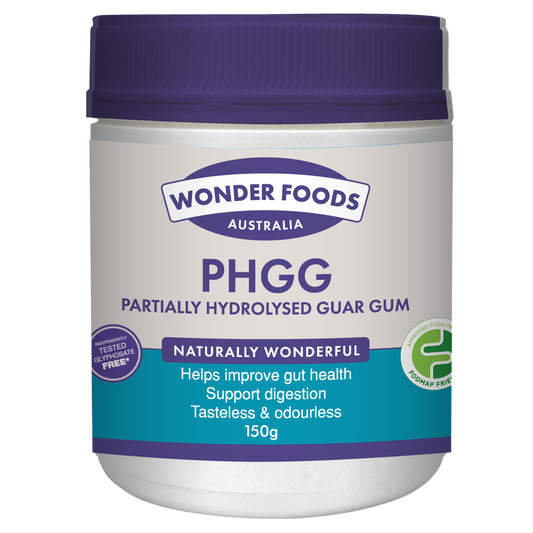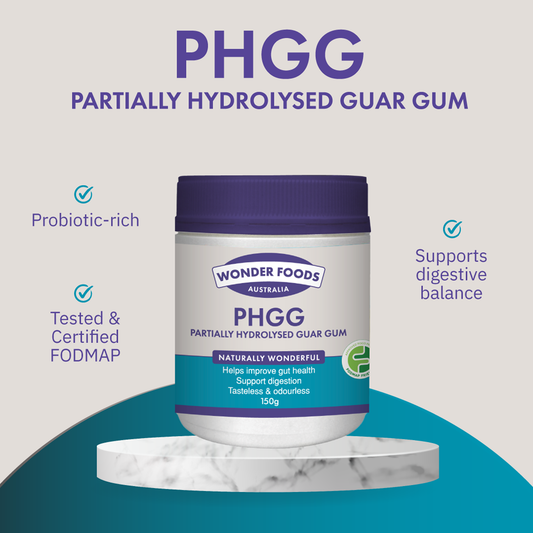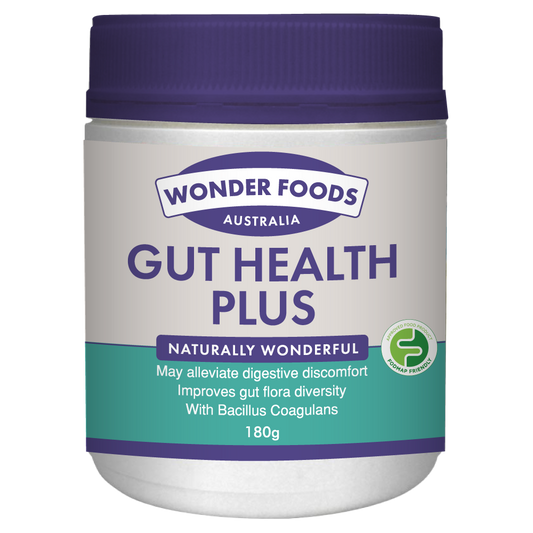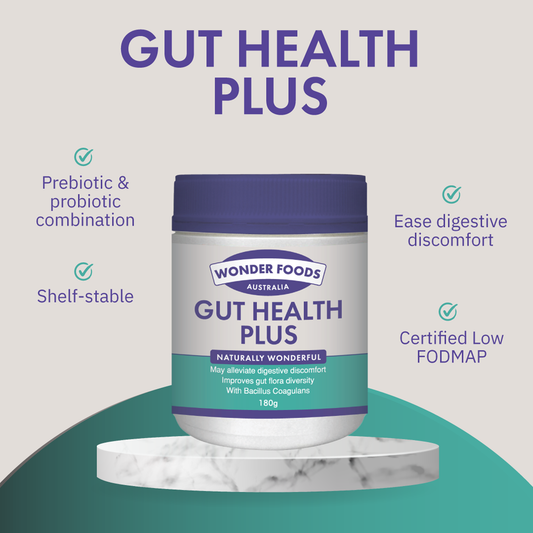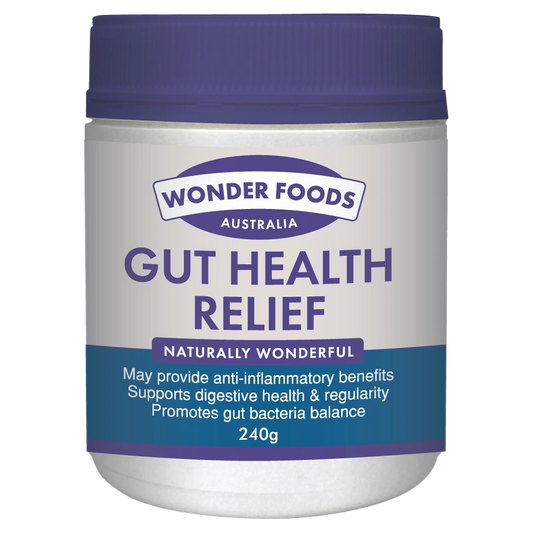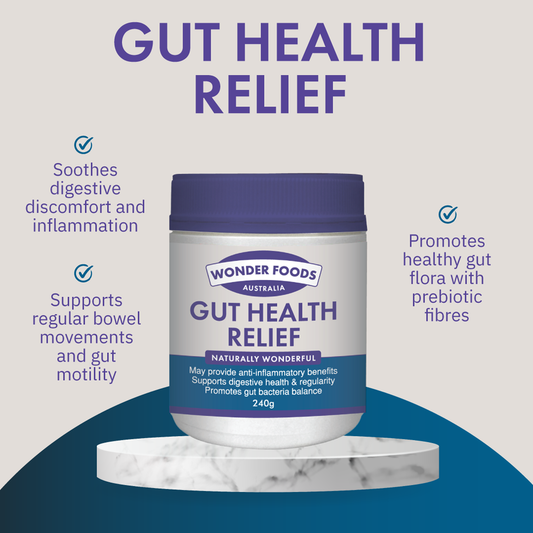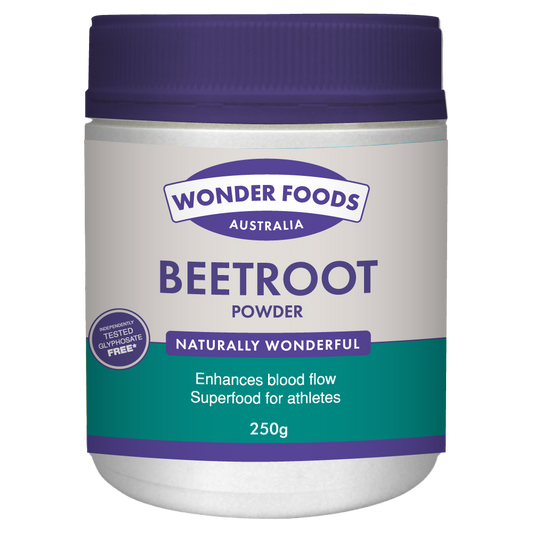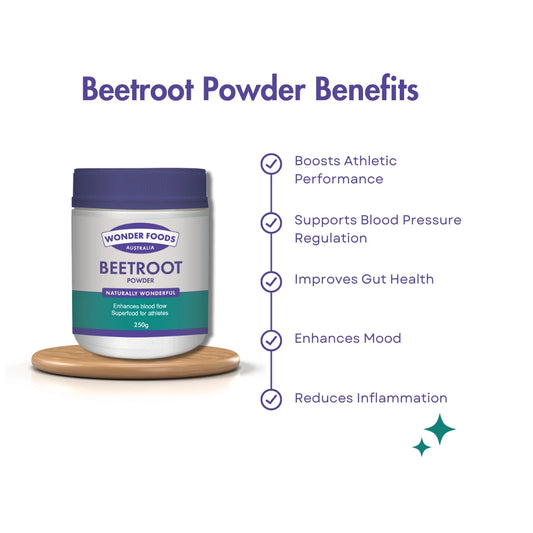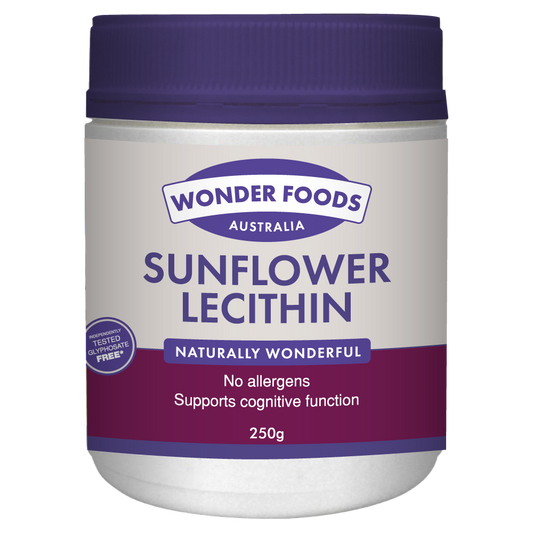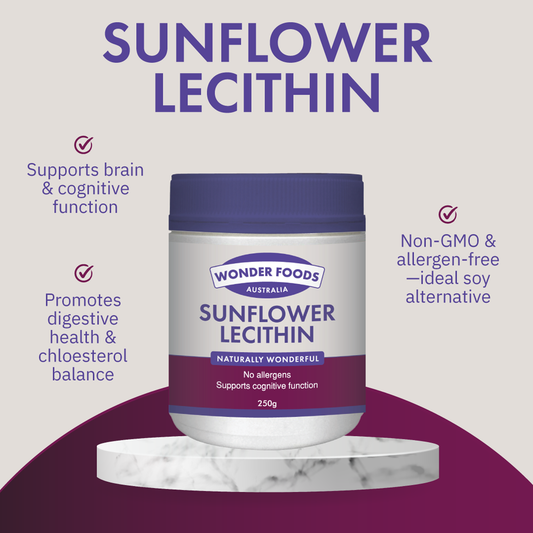
Sunflower Lecithin & Breastfeeding: Benefits, Dosage & Safety
TL;DR: Sunflower lecithin can help breastfeeding mums prevent plugged ducts and mastitis by improving milk flow. It doesn’t increase or decrease supply, works within 1–2 days, and is generally safe for both mum and baby when taken as directed.
Sunflower lecithin is a natural emulsifier that’s often recommended to breastfeeding mothers to support milk flow and reduce the risk of blocked ducts.
Here’s everything you need to know.
What Is Sunflower Lecithin Used For?
Sunflower lecithin is used to support healthy milk flow in breastfeeding mothers, prevent plugged ducts, and promote smooth milk consistency.
It’s also valued for general wellness—supporting brain health, liver function, and fat metabolism.
Does Sunflower Lecithin Increase Milk Supply?
Sunflower lecithin does not increase milk supply.
Instead, it helps keep milk less sticky, reducing the chance of blockages and making breastfeeding more comfortable.
How Long Does It Take for Sunflower Lecithin to Work?
Many mothers notice improvement in 24–48 hours when using sunflower lecithin for plugged ducts, though timing varies.
How Fast Does Sunflower Lecithin Work?
It can work quickly—often within a couple of days—to help reduce blockages.
Consistent use may help prevent future occurrences.
Best Sunflower Lecithin for Breastfeeding?
Choose non-GMO, allergen-free sunflower lecithin in powder form like Wonder Foods Sunflower Lecithin (recommended by some of Australia's leading breastfeeding clinicians).
Avoid soy lecithin.
What Does Sunflower Lecithin Do?
It acts as a natural emulsifier, helping fats blend smoothly into liquids.
For breastfeeding, this means milk flows more easily, reducing clumps that can lead to blocked ducts.
How Much Sunflower Lecithin for Mastitis?
Typical recommendations are 1,200 mg, 3–4 times daily.
Always check with your health practitioner for personalised advice.
Best Lecithin for Plugged Ducts?
Sunflower lecithin is often preferred over soy lecithin due to its allergen-friendly profile and effectiveness in supporting healthy milk consistency.
Does Sunflower Lecithin Decrease Milk Supply?
No, sunflower lecithin does not reduce milk supply.
It only helps with flow and consistency.
Sunflower Lecithin Effects on Baby?
When taken in normal doses, sunflower lecithin is generally considered safe for babies via breastmilk.
Sunflower Lecithin Breastfeeding Side Effects?
Side effects are rare but may include mild gastrointestinal upset in some mothers.
If you notice unusual symptoms, consult your practitioner.
How Much Sunflower Lecithin for Breastfeeding?
For prevention of plugged ducts, 1,200 mg once or twice daily is common.
For active issues, your practitioner may suggest higher doses.
Is Sunflower Lecithin Bad for You?
For most people, sunflower lecithin is safe and well tolerated.
Choose a high-quality, non-GMO product and follow recommended dosages.
Bottom line:
Sunflower lecithin can be a valuable tool for breastfeeding mothers to help prevent discomfort, support milk flow, and make feeding smoother for both mum and baby.
Wonder Foods offers this post for education purposes only.
Please consult your Health Practitioner for personalised and specific information.

Mums Express Breastfeeding Clinic stocks Wonder Foods Sunflower Lecithin


